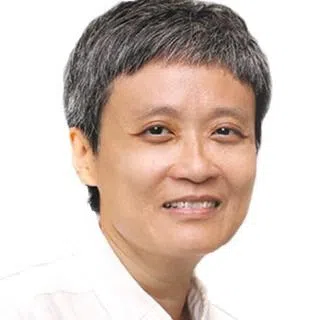US-China: Will Trump pull the trigger on 10% tariffs?
During the US presidential inauguration, observers were surprised when Donald Trump did not announce any new tariffs. Soon after, he said that the US is considering a 10% tariff on China starting as soon as 1 February. Lianhe Zaobao correspondent Sim Tze Wei seeks analysts’ views on Trump’s likely moves on tariffs.
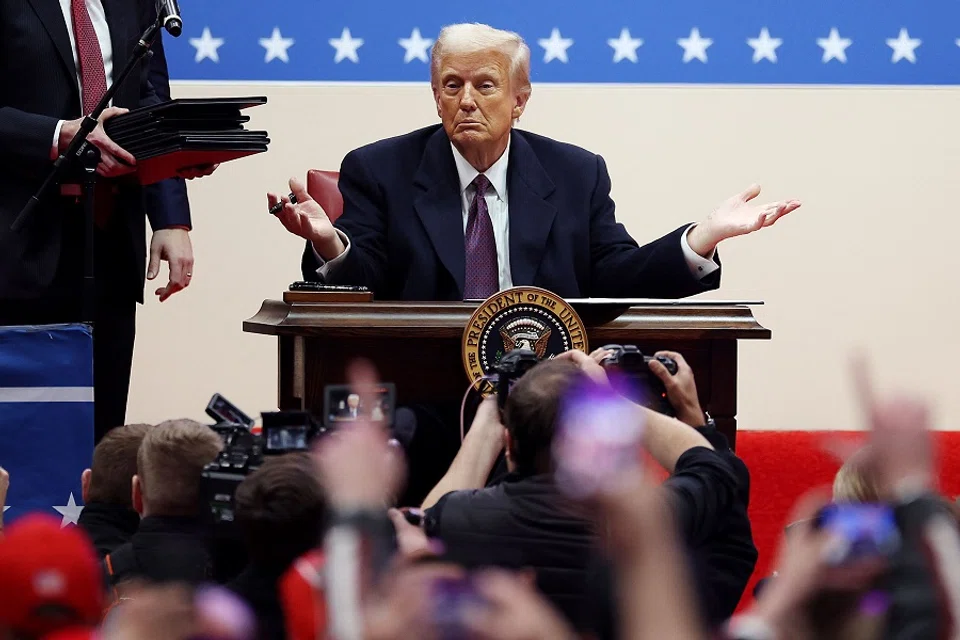
On his first day in office on 20 January, US President Donald Trump did not announce specific new tariffs on Chinese goods. However, during his inaugural address, he did announce his intention to create the External Revenue Service to collect tariffs, duties and other revenues from foreign sources. He also threatened to “take back” the Panama Canal, and specifically mentioned China, alleging that the country “is operating the Panama Canal”.
Interviewed academics agreed that Trump will definitely play the tariff card; the fact that he did not announce specific tariff increases on his first day in office could either be due to technical issues or because he intends to use tariffs as a bargaining tool. (NB: On 21 January, Trump said his administration was considering a 10% tariff on China, which could take effect as early as 1 February.)
They also believe that Trump’s expansionist foreign policy will severely disrupt the international order, while at the same time providing Beijing with greater justification in its handling of the Taiwan issue. Furthermore, given that Trump announced US withdrawal from the World Health Organization and Paris climate agreement on his first day in office, the academics also think that this will allow China to exert greater influence in multilateral mechanisms.
What’s next for the US?
In his inauguration speech, framed around the slogan “Make America Great Again”, Trump declared that the US will bid farewell to decline and enter a golden age under his leadership. He proposed a new policy direction centred on a “revolution of common sense”, vowing to reshape America’s global standing through economic reforms, energy independence and trade policies. “We will be the envy of every nation. And we will not allow ourselves to be taken advantage of any longer,” he proclaimed.
Last November, Trump threatened on his social media platform to impose 25% tariffs on all Mexican and Canadian imports on his first day in office. He also asserted that he would impose an additional 10% tariff on Chinese goods, on top of all existing tariffs.
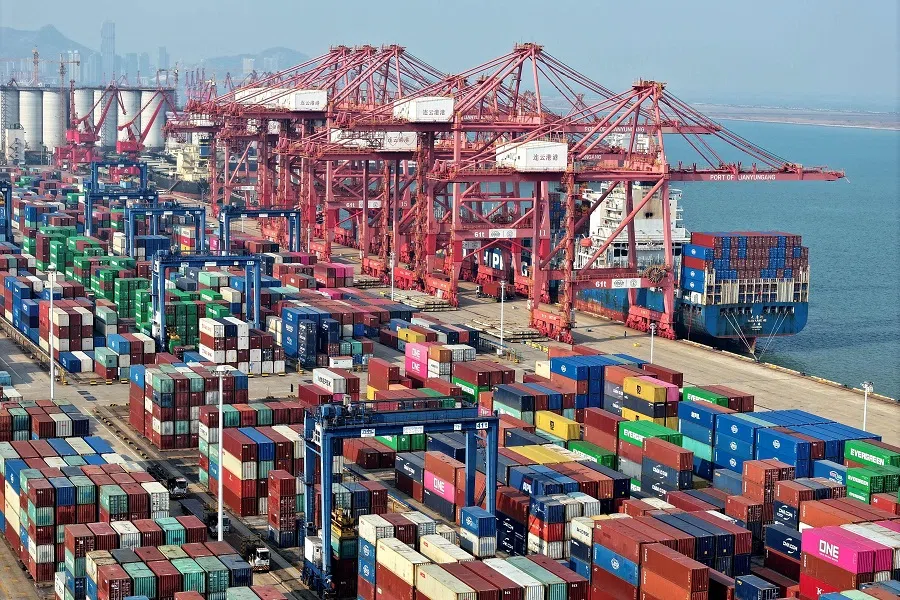
However, he did not announce specific new tariffs during his inaugural address. He only announced his intention to establish the External Revenue Service to collect tariffs, duties and revenues from foreign sources. He said, “Instead of taxing our citizens to enrich other countries, we will tariff and tax foreign countries to enrich our citizens.”
While signing a series of executive orders in the Oval Office, he stated that he is considering a 25% tariff on goods imported from Canada and Mexico, which could take effect on 1 February. But he did not specify a date for imposing additional tariffs on China. According to Reuters and Bloomberg, Trump ordered his administration to investigate whether Beijing had complied with the phase one China-US trade deal signed during his first term. However, on the evening of 21 January, Trump said his team was looking at a 10% tariff on China from as early as 1 February.
Trump: TikTok’s unexpected saviour?
As for the US ban on Chinese short-video social media platform TikTok, Trump kept his promise and signed an executive order after he took office to delay the app’s sell-or-be-banned order for 75 days. He hinted that he might be open to a joint venture between the US and TikTok.
According to several reports, Trump said that he could consider making a deal that grants the US 50% ownership of TikTok and that the US could supervise it either to a small or large extent.
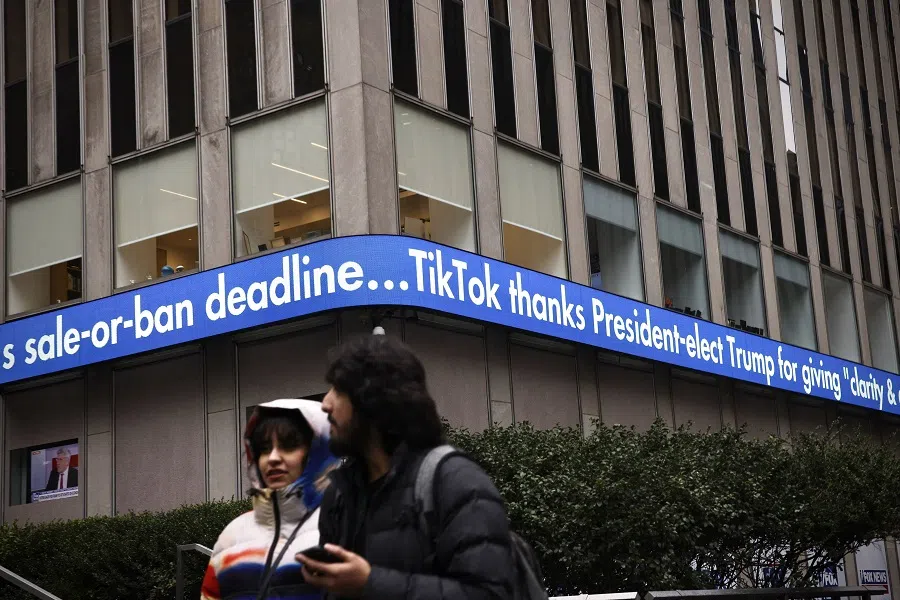
He even linked TikTok to tariffs on China, suggesting that should the US decide to make a deal with TikTok, he believes China will ultimately approve it “because we’d put tariffs on China”.
A new age of American expansionism?
During his inaugural speech, Trump also mentioned that his proudest political legacy is that of a peacemaker and unifier. But he also asserted that the US will again consider itself a nation that “expands our territory”. Aside from sending American astronauts to Mars to plant the Stars and Stripes on the planet, he also said that the US will change the name of the Gulf of Mexico to the Gulf of America. He also claimed that the US would be “taking back” the Panama Canal.
In 1977, under the administration of late former US President Jimmy Carter, the US signed a treaty agreeing to hand over the Panama Canal to Panama in 1999. In his speech, Trump expressed displeasure at China’s influence over the Panama Canal.
Trump claimed that American vessels, including those from the US Navy, were significantly overcharged and unfairly treated when using the Panama Canal. He added, “... above all China is operating the Panama Canal and we didn’t give it to China, we gave it to Panama, and we’re taking it back.”
At a press conference on 7 January, Trump did not rule out the use of force to retake the canal. Marco Rubio, who was sworn in by Vice-President JD Vance as secretary of state on 21 January, said at a hearing last week that China could use its influence to close the Panama Canal in a crisis.
In 2017, Panama cut ties with Taiwan and established diplomatic relations with China. According to The Wall Street Journal, Hong Kong-based Hutchison Whampoa operates two key ports at either end of the Panama Canal under a 25-year concession renewed by Panama in 2021.
... tariffs are both a means and an end goal for Trump. While the end goal is an eventual increase in tariffs, tariffs can also be used as a tool because they can be leveraged to force opponents into negotiations and accept US demands. — Wu Xinbo, Director, Institute of International Studies, Fudan University in Shanghai
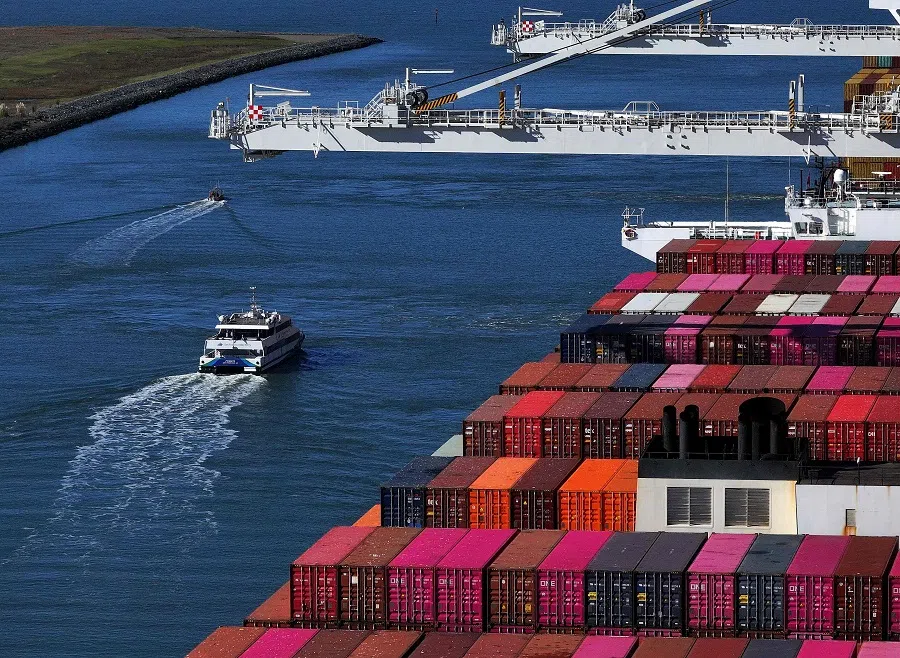
In an interview with Lianhe Zaobao, Wu Xinbo, director of the Institute of International Studies at Fudan University in Shanghai, described Trump’s signing of over 70 executive orders on his first day in office as a “complete tear down and rebuild” approach that aims to reshape US domestic and foreign policy according to “Trumpism”.
Tariffs not a matter of if, but when
Wu feels that Trump, the self-proclaimed “tariff guy”, will eventually play the tariff card — the reason he did not reveal specific plans on the first day is due to technical considerations, such as which countries to target first, the extent of the tariffs and the range of products involved. In particular, with the US still facing inflation concerns, Trump will likely handle large-scale tariff increases cautiously.
Wu also mentioned that tariffs are both a means and an end goal for Trump. While the end goal is an eventual increase in tariffs, tariffs can also be used as a tool because they can be leveraged to force opponents into negotiations and accept US demands.
... the TikTok issue is not as significant compared to China-US trade relations. Trump could make use of the TikTok issue to pressure China as a bargaining tool. — Associate Professor Li Mingjiang, RSIS, NTU, Singapore
Wu added that “these matters require further consideration by his team, so it’s unlikely that he will come down hard on day one, but Trump will definitely play the tariff card”.
Li Mingjiang, an associate professor at the S. Rajaratnam School of International Studies (RSIS) at Nanyang Technological University (NTU) in Singapore, agreed that Trump will definitely wield the tariff stick; it is just a matter of the extent to which he will do so.
Although Trump verbally linked tariffs with TikTok, Li believes that the TikTok issue is not as significant compared to China-US trade relations. Trump could make use of the TikTok issue to pressure China as a bargaining tool.
Tariffs not the most concerning issue
Li pointed out that Trump’s expansionist claims regarding the Panama Canal are “more of a concern than tariffs” as they could have a massive impact on the world order, raising fears that the US might be pursuing a “might makes right” approach.
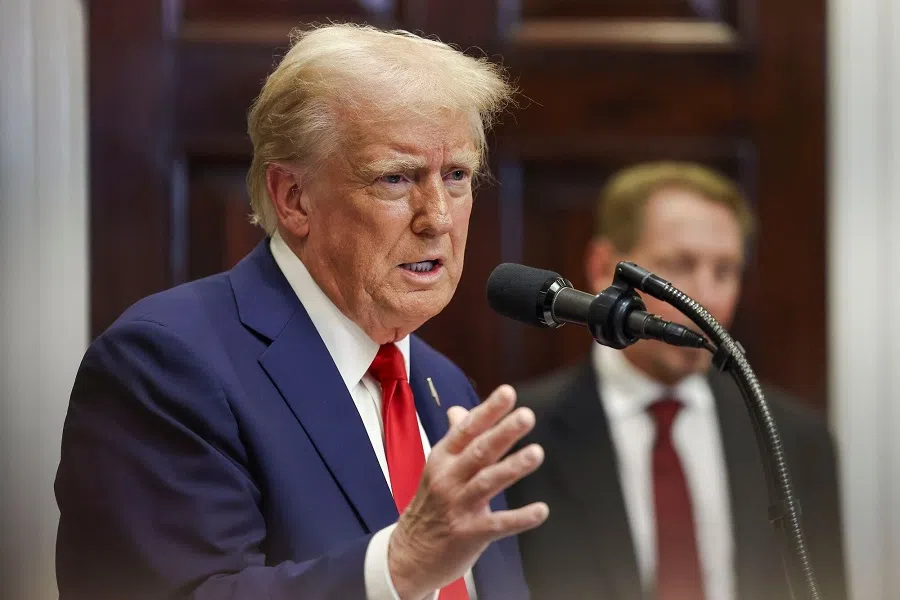
Li added that Trump’s announcement on his first day in office that the US would pull out of the World Health Organization and the Paris Agreement represents significant setbacks for both global governance and the workings of longstanding international mechanisms.
... a forcible seizure of the Panama Canal would actually justify China’s concerns over the Taiwan issue, rendering them “even more legitimate”. — Wu
From Beijing’s perspective, Li thinks that if Trump were to implement expansionist policies and take control of the Panama Canal — effectively setting a dangerous precedent for disregarding international rules — it would become difficult for international public opinion or other countries to curtail major or regional powers based on international norms and morality.
Li believes that to some extent, this would “create a slightly favourable international environment for mainland China in dealing with the Taiwan issue”.
On the other hand, Wu contends that the Taiwan issue and the Panama Canal issue are fundamentally different. He argued that the Taiwan issue is mainly a domestic matter for China involving China’s sovereignty and territorial integrity, whereas the sovereignty of the Panama Canal belongs to Panama.
Wu also felt that a forcible seizure of the Panama Canal would actually justify China’s concerns over the Taiwan issue, rendering them “even more legitimate”.
This is an edited version of an article first published in Lianhe Zaobao as “特朗普肯定打对华关税牌 仍未具体加征或当谈判筹码”.
